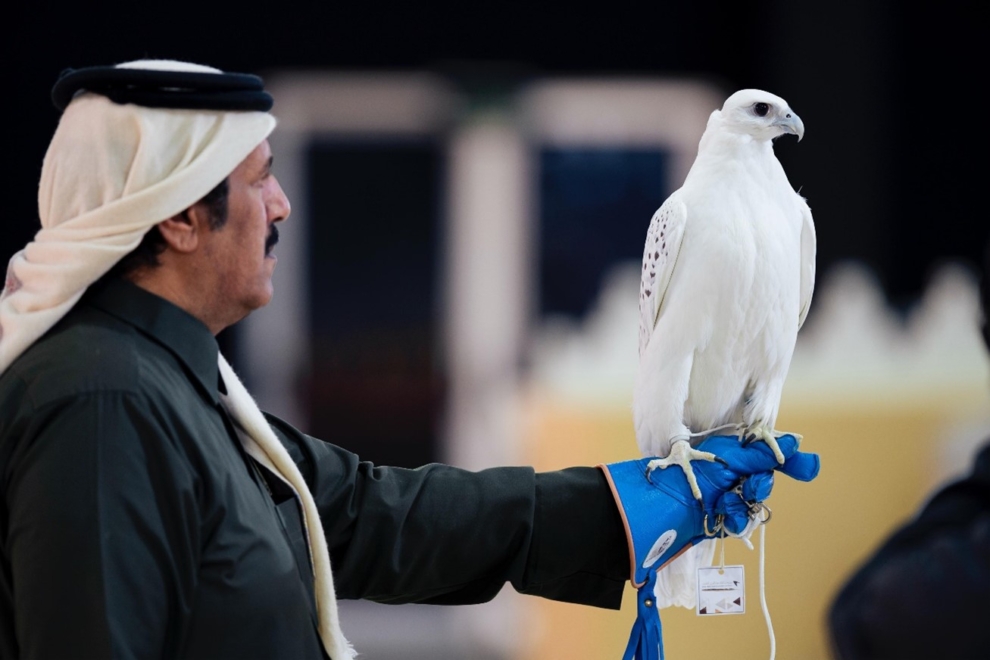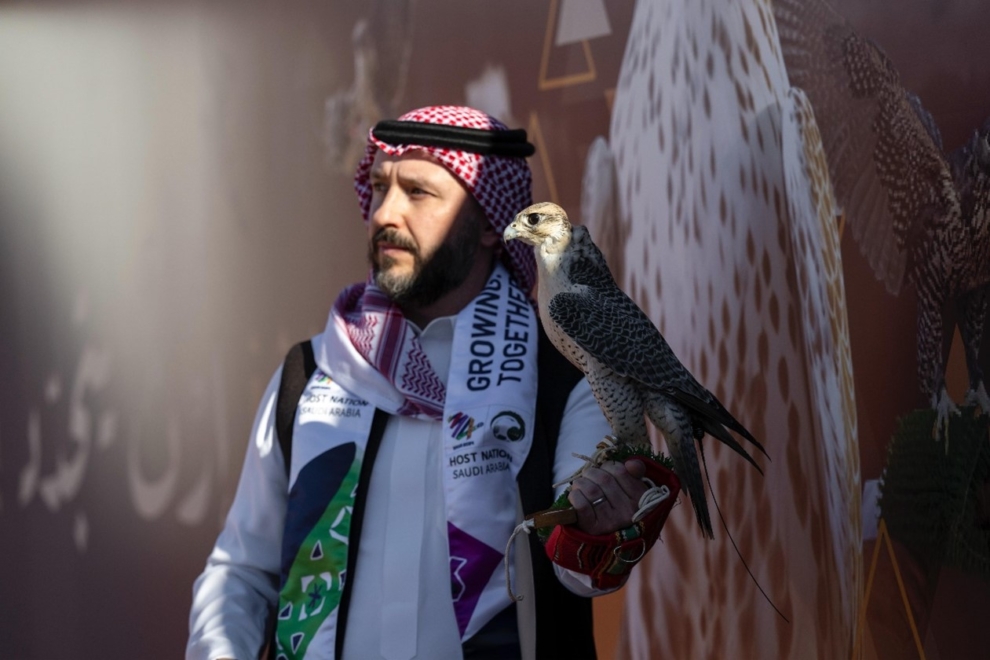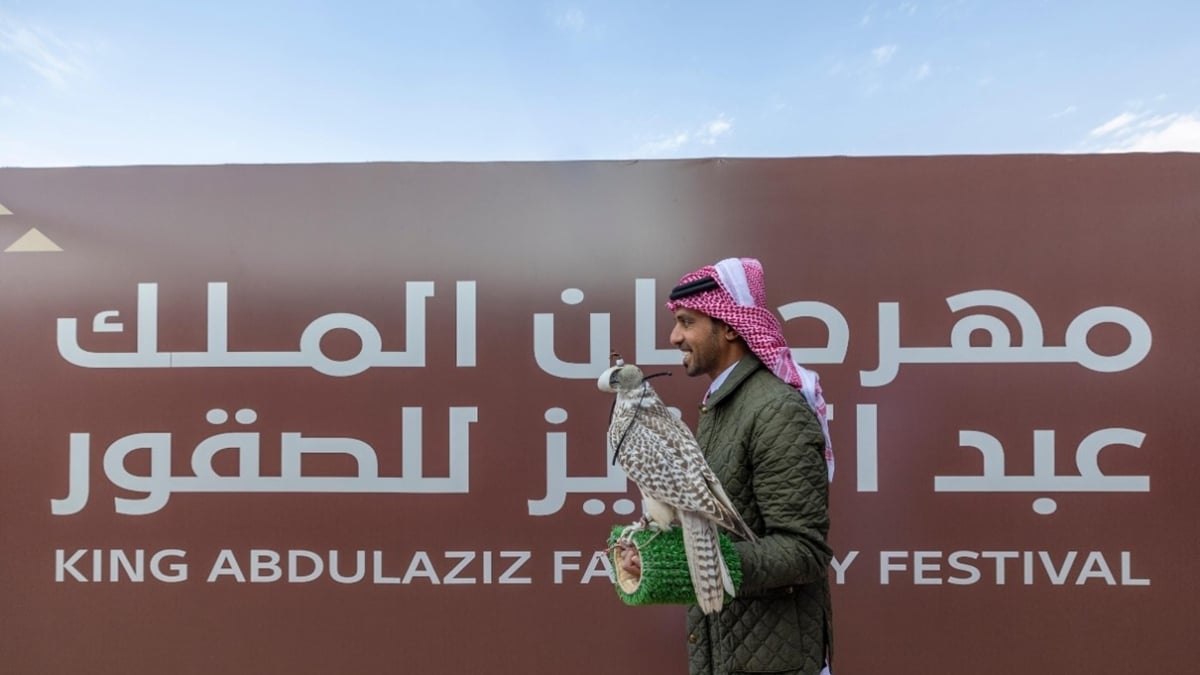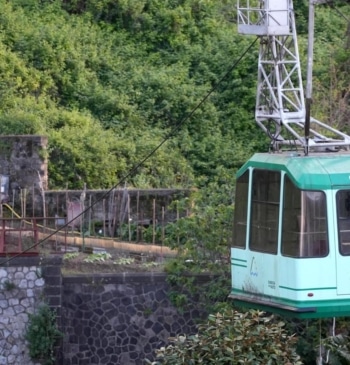The Saudi Falcon Club has wrapped up the King Abdulaziz Falconry Festival 2024, held from December 3 to 19 at the club’s headquarters in Malham, north of Riyadh. The festival offered prizes exceeding 36 million SAR, the largest in its history.
The event attracted 1,032 falconers from nine countries, including Saudi Arabia, Bahrain, Kuwait, the UAE, Oman, Qatar, Syria, Italy, and Ireland. Among them were 160 international falconers competing with 3,322 falcons, alongside 49 youth participants in the “Future Falconer” category.
The grand finale featured the prestigious “King’s Sword” competition, the most valuable and anticipated rounds in the “Al-Mallouah” falconry race, with total prizes reaching 1.85 million SAR—925,000 SAR per round.
Talal bin Abdulaziz Al-Shamisi, CEO of the Saudi Falcon Club, expressed gratitude for the unwavering support of Saudi Arabia’s leadership in preserving the heritage of falconry. He praised the guidance of His Royal Highness Crown Prince Mohammed bin Salman, Prime Minister and General Supervisor of the Saudi Falcon Club, and the continued efforts of His Royal Highness Prince Abdulaziz bin Saud bin Nayef, Minister of Interior and Chairman of the Club’s Board.

Al-Shamisi congratulated the winners of both the Mazayen and Al-Mallouah competitions across their various stages. He highlighted that this year’s festival distributed the largest prizes in its history across 138 competition rounds. These included 49 qualifying rounds for local professionals, owners, and amateurs, as well as six rounds for falcons from international breeding farms, one round each for youth and women, and 73 rounds for the prestigious King Abdulaziz Cup. Competitors vied for titles such as the coveted King Abdulaziz Trophies and the “King’s Sword”.
“The King Abdulaziz Falconry Festival 2024 builds on the success story the Saudi Falcon Club began in 2018,” said Al-Shamisi. He emphasized that the club operates with ambitious plans and a strategic vision to unite falconers under one umbrella. “Every event we organize aims to preserve the art of falconry and promote its cultural, environmental, and economic values, aligning with Saudi Vision 2030 goals to enhance environmental quality and wildlife conservation,” he added.

Al-Shamisi extended his thanks to everyone who contributed to the festival’s success, noting that this year’s falconry season was rich with diverse events and activities.
Among the international participants was Irish falconer John Burnside, who expressed his delight at competing in this year’s festival. Although his falcon, named Saudi 2034, did not win the prestigious King Abdulaziz Cup, Burnside described the experience as a valuable opportunity to prepare for future competitions. He expressed pride in taking part in what he called a unique event that reflects the deep-rooted traditions of Saudi heritage.
Burnside shared that the name of his falcon, Saudi 2034, was inspired by Saudi Arabia’s historic achievement in securing the hosting rights for the 2034 FIFA World Cup. Living in Riyadh and engaging with local falconers, Burnside has gained a profound appreciation for falconry, a passion he discovered during his years working in the conservation of the houbara bustard—a bird highly valued by falconers as prey.
Lo más visto
- 1 El Independiente | El diario digital global en español
- 2 ¿Cuánto valdrían hoy las reservas de oro vendidas por Zapatero?
- 3 ¿Tele-Pedro? La televisión pública endurece su línea editorial
- 4 Los silencios de los diplomáticos españoles en tiempos de Albares
- 5 Los partidos de Sumar, divididos frente al reto de Podemos
- 6 Pablo Iglesias y la resurrección cainita de Podemos
- 7 Los masones españoles contra los fantasmas del pasado
- 8 La Promesa: avance del capítulo 579 el próximo lunes 21 de abril
- 9 La UCO se echa al mar para combatir el narcotráfico

![El Kremlin asegura que ha habido avances concretos en las negociaciones con [...]](https://www.elindependiente.com/wp-content/uploads/2025/04/putin-arreglo-ucrania-350x365.jpg)
![Al menos 58 muertos y 126 heridos en un bombardeo de EEUU [...]](https://www.elindependiente.com/wp-content/uploads/2025/04/bombardeo-yemen-eeuu-350x365.jpg)
![Condenado a seis meses de prisión por presentarse por otra persona al [...]](https://www.elindependiente.com/wp-content/uploads/2025/04/prision-falsificar-dni-350x365.jpg)

![Tragedia en Fuengirola: dos muertos y cinco heridos al arrollar un coche [...]](https://www.elindependiente.com/wp-content/uploads/2025/04/fuengirola-paseo-maritimo-01-350x365.jpg)
![Meloni asegura a Trump que cree "en la unidad de Occidente" y [...]](https://www.elindependiente.com/wp-content/uploads/2025/04/meloni-trump-350x365.jpg)
![Detienen en Barcelona a un hombre de 34 años en búsqueda y [...]](https://www.elindependiente.com/wp-content/uploads/2025/04/coche-mossos-desquadra-entra-ciutat-justicia-barcelona-agosto-2024-350x365.jpg)
![Pradas reconoció ante la jueza de la DANA que no tenía asesores [...]](https://www.elindependiente.com/wp-content/uploads/2025/04/salome-pradas-350x365.jpg)